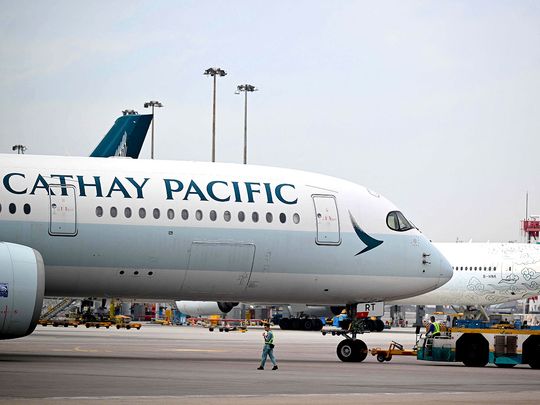
The United States remains Oman’s largest trading partner in the region, accounting for a substantial portion of this trade. Omani exports to the U.S. include crude oil, aluminum, and petrochemical products, which have seen consistent demand despite global economic fluctuations. Meanwhile, imports from the U.S., such as machinery, vehicles, and aircraft parts, have also contributed to the growing trade volume.
Brazil and Canada are also key partners in Oman's trade portfolio, with Brazil importing significant quantities of Omani fertilizers and minerals, while Canada continues to be a major source of wheat and agricultural equipment for Oman. The growth in trade with these countries is reflective of Oman’s strategic efforts to diversify its trade partners and reduce its reliance on traditional markets.
Oman’s trade policies have played a crucial role in this expansion. The Omani government has been proactive in signing bilateral agreements and participating in international trade fairs, which have helped strengthen its economic ties with the Americas. Additionally, Oman’s strategic location, coupled with its well-developed port infrastructure, has made it an attractive hub for re-exports to neighboring regions.
The positive trade figures are a testament to Oman’s broader economic strategy of diversifying its economy beyond oil, a key objective outlined in the nation’s Vision 2040 plan. The Sultanate’s focus on enhancing non-oil exports and forging new trade relationships is expected to yield further growth in the coming months.
Omani officials have expressed optimism about sustaining this upward trend, emphasizing the importance of continuing to build strong trade partnerships across the Americas. They also highlighted ongoing efforts to explore new opportunities in emerging markets within the region, which could further boost bilateral trade in the future.
This growth in trade with the Americas is part of a broader trend of Oman increasing its global trade footprint. As the Sultanate continues to implement its economic diversification strategies, the nation is poised to play a more significant role in international trade, particularly with non-traditional partners across the globe.
Topics
Oman
